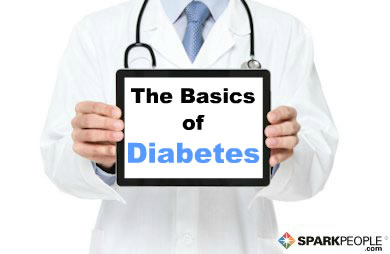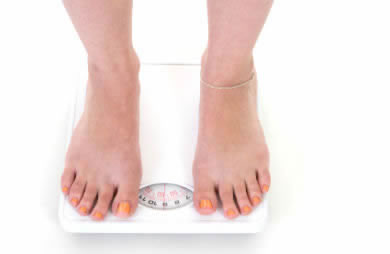|
In my younger days as a high school and college athlete, eating right and being active allowed me to maintain a consistently healthy weight. Working as a Registered Dietitian and maintaining an active lifestyle allowed me to maintain that healthy weight well into my thirties. However, when autoimmune disease was detected in 2002 that ultimately required the removal of two-thirds of my thyroid gland, I entered an unfamiliar battle with weight like millions of other people with thyroid disease. Over the last nine years, exploring and learning why I make the choices I do and why I struggle with certain things has been helpful as I continue living a healthy life and learn to accept what I cannot fully control. Likewise, connecting with others living with thyroid disease has allowed me to take control of my health like never before. I have found that weight management is success and weight loss is a blessing that many times is influenced by things I never realized. Perhaps my newly discovered key to weight management success will be yours as well. Over the last few years, I have experienced issues with iron deficiency anemia for the first time in my life. I have been about as consistent with my daily iron supplement as I have been with my flossing. I am good about taking it when I am getting ready to get my blood drawn. A few weeks after they confirm that my hematocrit is low again, I resume taking it but very soon begin to forget and then eventually stop. This is mostly an issue because of the necessity to space it correctly with my thyroid medicine. I have repeated this cycle for a couple of years. At a recent visit, my endocrinologist once again reminded me that my hematocrit was on the low side and asked how I was about taking my iron. She confessed that she had the same habit and laughed at the comparison to my flossing habits. As we talked, a light bulb went off about the role of iron and many things I was experiencing and I made a commitment to stick with my daily iron supplement in addition to continuing with my iron rich diet. I know that iron is essential for the blood to carry oxygen. I should have realized that feeling weak and tired or not having any stamina during exercise or being winded easily could indicate continued anemia but as usual, I chalked it up to my thyroid disease. What I missed was that while the hematocrit returns to normal after a few months of iron therapy, it can take six months to a year to replace iron stores in the bone marrow. My pattern of starting and stopping iron supplementation was in no way supporting the replenishment of the marrow stores and was barely keeping blood levels normal. Of course, the battle with being tired and lacking energy was affecting the intensity of my workouts and the energy burned which ultimately influenced my weight. So of course, once my hematocrit returned to normal this time around and I remained on my iron supplementation (with a goal to remain consistent for the next six months) I was able to work out harder and see benefits with body weight and shape changes. For me, iron has been my hidden key to weight management success that I previously ignored and may be for you as well. Here are some important things to keep in mind as you determine if iron is a missing link for you. One of the biggest causes of iron loss is due to bleeding and many times that is from long, heavy, and frequent menstrual periods. However, for people that have celiac disease, Crohn's disease, have had gastric bypass surgery or who take many calcium-containing antacids, iron absorption can be the issue. Today with more and more people following strict vegetarian eating plans, getting enough iron can also be the problem. Many forget that forty percent of the iron found in meat, poultry and fish is heme, with the other 60 percent non-heme. All plant-based sources of iron are non-heme, which is why the RDA for iron is higher for vegetarians than it is for meat eaters. According to the Institutes of Medicine, vegetarian men and post-menopausal women need 14 mg daily and pre-menopause vegetarian women should aim for 33 mg each day. Add to that the fact that non-heme iron isn't as readily absorbed as heme iron and sources such as spinach, beet greens, rhubarb, and Swiss chard contain an oxalate acid that binds with iron that makes it unavailable for the body and you see why getting and absorbing adequate plant based iron sources is a challenge. This makes following steps that influence the absorption of iron highly important for vegetarians. If you are in doubt about your iron intake, find yourself winded, tired, unable to tackle your workouts or fit into one of those risk groups listed above, be sure to talk to your doctor. A simple test can determine your iron level. You may also be surprised to find it is a missing piece to your weight management success like I did. Does any of this sound like you? |
Related Entries
More From SparkPeople |





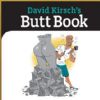



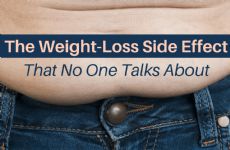
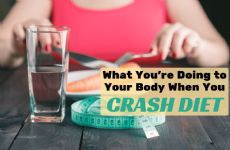
.png)







